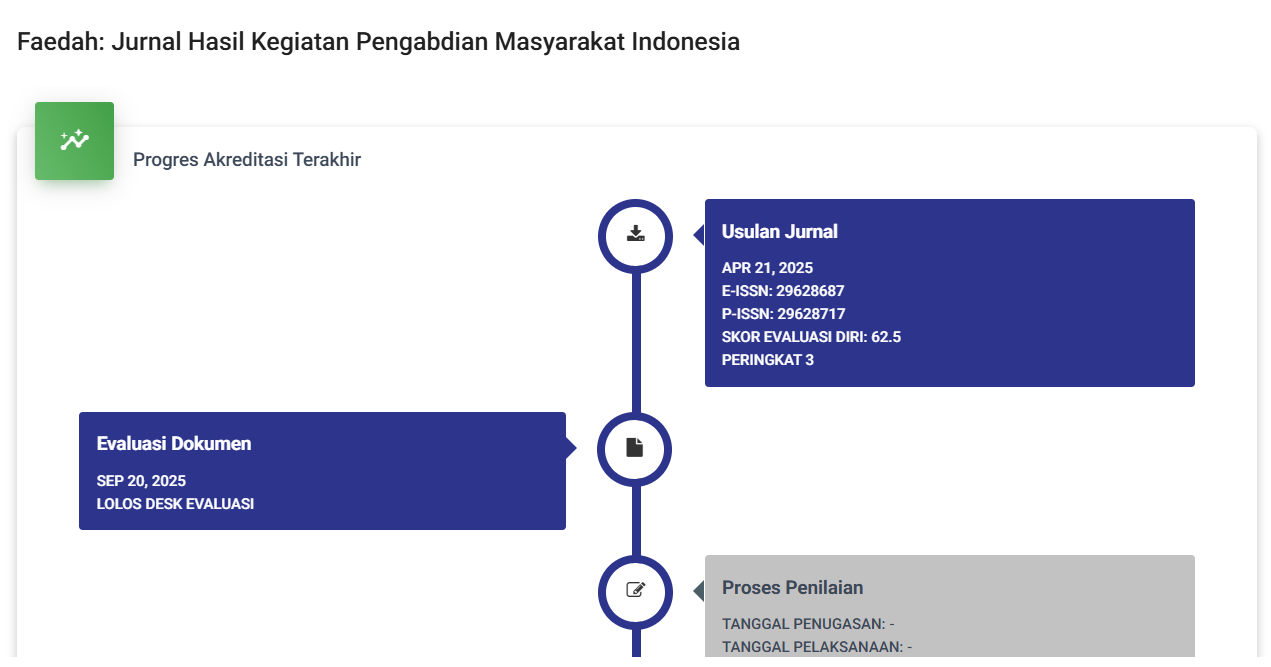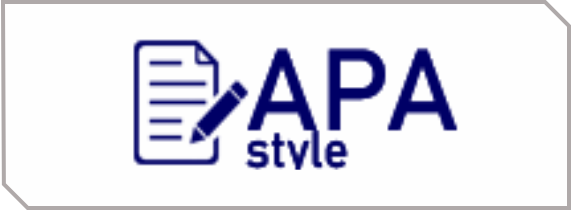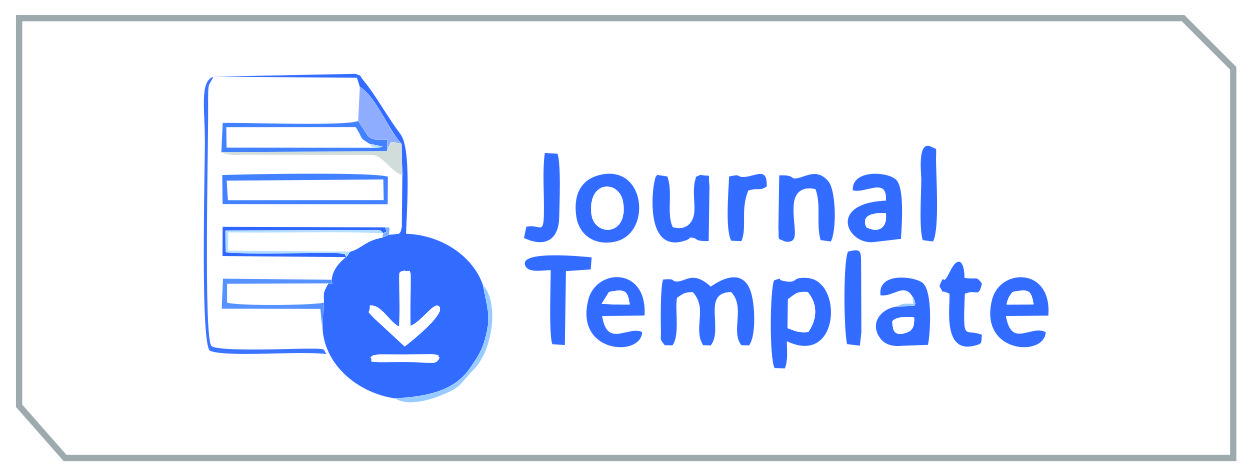Pelatihan Pengelolaan Sampah Di Kampung Gedong Guna Peningkatan Pendapatan Masyarakat
DOI:
https://doi.org/10.59024/faedah.v2i1.717Keywords:
Waste Management, Economic Improvement, PublicAbstract
This community service activity was carried out with the aim of making the kampung gedong community an independent and creative community group. Through waste management into valuable products. In addition, this activity is expected to provide knowledge for the community in managing waste, so that they have alternative income. More effective waste management can also open up new business opportunities for waste pickers, such as processing organic waste into compost fertiliser or managing plastic waste into paving blocks. This activity was carried out using the lecture method when providing the material. While during the simulation, the team conducted a direct sim.
References
Agung, Kristian, Erna Juita, and Elvi Zuriyani. 2021. “Analisis Pengelolaan Sampah Di Tempat Pembuangan Akhir (TPA) Desa Sido Makmur Kecamatan Sipora Utara.” JPIG (Jurnal Pendidikan Dan Ilmu Geografi) 6, no. 2: 115–24. https://doi.org/10.21067/jpig.v6i2.5936.
Akbari, Deni Adha, Ujang Sumarwan, N U R Hasanah, and Rizki Edmi Edison. 2023. “Exploring Just Noticeable Difference Between Ai Endorsers and Endorsers In.” The Seybold Report 18, no. 8: 1–12. https://doi.org/10.5281/zenodo.8241117.
Albab, Farah Nisa Ul, and Eko Suwardi. 2021. “The Effect of Tax Knowledge on Voluntary Tax Compliance with Trust as a Mediating Variable: A Study on Micro, Small, and Medium Enterprises (MSMEs).” The Indonesian Journal of Accounting Research 24, no. 03: 381–406. https://doi.org/10.33312/ijar.528.
Amalia, Fitri, and Mega Kusuma Putri. 2021. “Analisis Pengelolaan Sampah Anorganik Di Sukawinatan Kota Palembang.” Jurnal Swarnabhumi 6, no. 2: 134–42. https://jurnal.univpgri-palembang.ac.id/index.php/swarna/article/view/5452.
Luh Gede Mita Laksmi Susanti, and Ni Nyoman Juwita Arsawati. 2021. “Alternatif Strategi Pengelolaan Sampah Berbasis Pemberdayaan Masyarakat Melalui Bank Sampah Di Desa Tunjuk, Tabanan.” Kaibon Abhinaya : Jurnal Pengabdian Masyarakat 3, no. 2: 105–10. https://doi.org/10.30656/ka.v3i2.3111.
Muchdie, Muchdie, and Muhammad Handry Imansyah. 2020. “Inter-Sector and Inter-Country Linkages in Indonesian Economy: World Input-Output Analysis.” Jurnal Ekonomi Pembangunan: Kajian Masalah Ekonomi Dan Pembangunan 20, no. 2: 232–45. https://doi.org/10.23917/jep.v20i2.9057.
Priana, Gede Nanda, Desak Putu Suciwati, Ni Wayan Dewinta Ayuni, and Ni Made Wirasyanti Dwi Pratiwi. 2021. “Pengaruh Audit Fee, Audit Tenure, Workload, Dan Due Professional Care Terhadap Kualitas Audit Pada Kantor Akuntan Publik Di Bali.” Simposium Nasional Akuntansi Vokasi (SNAV) Ke-9 9, no. 1: 158–63.
Putra, Putu Yunartha Pradnyana, Farah Nisa Ul Albab, and Christopher Clark Aditya Swara. 2019. “Reflections on Individual Personal Values in the Budgetary Slack Phenomenontitle>.” The Indonesian Journal of Accounting Research 22, no. 1: 105–30. https://doi.org/10.33312/ijar.433.
Rahmawati, Afda Rizal Armashita, Achmad Subaki, Wing Wahyu Winarno, DJuminah, Sri Hartoko, Siti Nurlaela, and Kiswanto. 2023. “The Influence of Political Connections, Social Responsibility, Corporate Governance, And State Ownership on Firm Value.” Migration Letters 20, no. 7: 1157–66. https://doi.org/10.59670/ml.v20i7.4890.
Syefa El-Haq, Zia Nurhaliza, Zulpahmi Zulpahmi, and Sumardi Sumardi. 2019. “Pengaruh Kepemilikan Manajerial, Kepemilikan Institusional, Growth Opportunities, Dan Profitabilitas Terhadap Konservatisme Akuntansi.” Jurnal ASET (Akuntansi Riset) 11, no. 2: 315–28. https://doi.org/10.17509/jaset.v11i2.19940.
Wardana, Arief Budi, Mila Indriastuti, and Dhain Adhetiya Safitra. 2022. “Indonesian Carbon Tax: How Newborn Learn to Jump into The Next Step?” Jurnal Akuntansi Dan Keuangan 24, no. 1: 34–45. https://doi.org/10.9744/jak.24.1.34-45.









